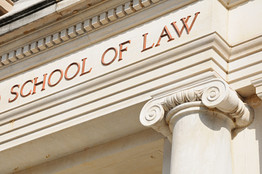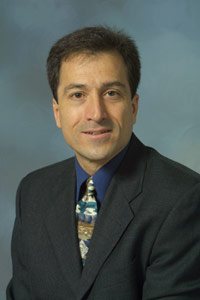Observations on Lafler and Frye: Little Relief in Sight for Defendants Whose Lawyers Botched Plea Negotiations
 In a pair of much-noted decisions last March, the Supreme Court held that the constitutional right of defendants to effective assistance of counsel is not limited to trial representation, but also extends to plea bargaining. More specifically, in Lafler v. Cooper, the Court addressed the case of a man who was convicted at trial after his lawyer advised him to turn down a generous plea deal on the basis of what seems to have been an egregious misunderstanding of the law; the Court held that the original offer must again be made available to the defendant. Meanwhile, in Missouri v. Frye, the Court addressed the case of a man whose lawyer failed to tell him of a pending plea offer until after the offer had expired; the Court held that the lawyer’s performance fell below the constitutionally required minimum, but remanded for a determination as to whether the defendant had actually been prejudiced by his lawyer’s incompetence.
In a pair of much-noted decisions last March, the Supreme Court held that the constitutional right of defendants to effective assistance of counsel is not limited to trial representation, but also extends to plea bargaining. More specifically, in Lafler v. Cooper, the Court addressed the case of a man who was convicted at trial after his lawyer advised him to turn down a generous plea deal on the basis of what seems to have been an egregious misunderstanding of the law; the Court held that the original offer must again be made available to the defendant. Meanwhile, in Missouri v. Frye, the Court addressed the case of a man whose lawyer failed to tell him of a pending plea offer until after the offer had expired; the Court held that the lawyer’s performance fell below the constitutionally required minimum, but remanded for a determination as to whether the defendant had actually been prejudiced by his lawyer’s incompetence.
To read Justice Scalia’s two dissents in these cases, one might think the Court had radically broken from precedent and opened up plea bargaining to constitutional scrutiny for the first time. In truth, the principle that the Constitution guarantees minimally competent legal representation at what is without question the most important phase of contemporary criminal litigation follows naturally from the Court’s earlier decisions and has been widely recognized in the lower courts for years. Nor is there anything novel about the Court imposing constitutional standards on the plea-negotation process; the Court began doing so in the 1970′s.
In fact, Lafler and Frye remind me of one of the Court decisions from that era, Henderson v. Morgan (1976). The comparison is not meant as a compliment.


